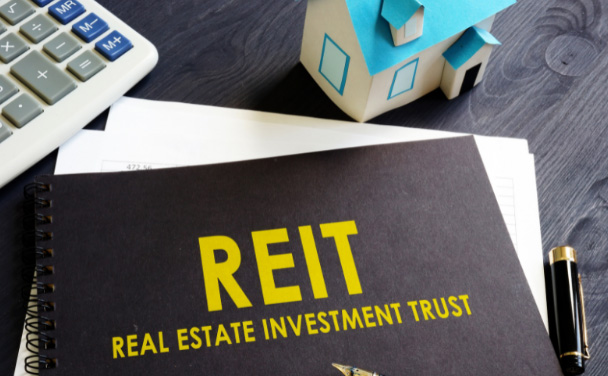Investing In Real Estate Gives You Leverage: What Does This Mean?
If you are looking for a way to diversify your investments, you may have thought about purchasing real estate. You may have heard that one of the major advantages of investing in real estate is that it can give you a significant amount of leverage you can use to exponentially increase your returns. At the same time, what exactly does this mean? Learn more about leverage and how you can use it to your advantage. A Brief Overview Of Leverage When someone is talking about leverage, they are referring to the use of various financial instruments, such as borrowed capital,…






